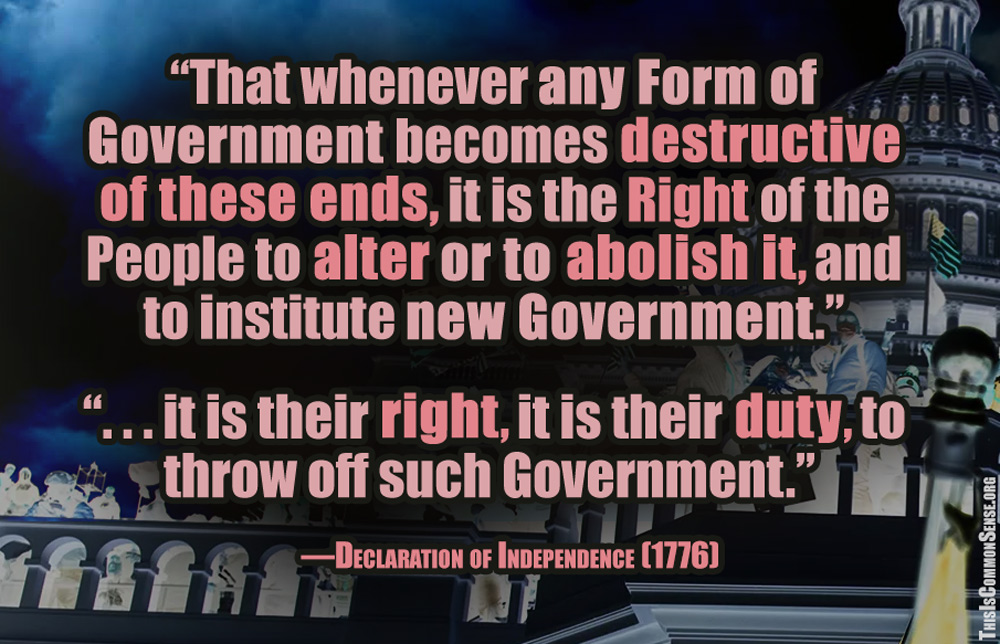One in three Americans claim that “violence against government can be justified,” The Washington Post warned last weekend. The Post-University of Maryland public opinion poll, done in anticipation of today’s one-year anniversary of the January 6th Capitol Riot, was heralded as “a window into the country’s psyche at a tumultuous period in American history.”
“The percentage of adults” so claiming “is up, from 23 percent in 2015 and 16 percent in 2010 in polls by CBS News and the New York Times.”
And the results are more partisan, with 41 percent of independents and 40 percent of Republicans agreeing that violence can sometimes be justified, only 23 percent of Democrats concurring.
Here’s the precise question: Do you think it is ever justified for citizens to take violent action against the government, or is it never justified?
“Never” is a very extreme term. How can anyone — much less the 62 percent majority in this poll — conclude such political violence could “never” be warranted?
Our country was born in a revolution which declared “That whenever any Form of Government becomes destructive of these ends, it is the Right of the People to alter or to abolish it, and to institute new Government.” And further contended, “it is their right, it is their duty, to throw off such Government.”
Such “throwing off” (here and around the globe) has often necessitated a degree of violence. Why? Call it self-defense — as governments so often go on the offense, refusing to relinquish power when called to do so.
The 34 percent answering “Yes — sometimes” does not constitute a violent cadre, contra the “Oh, My” reactions from the media’s fainting couch set. The Yes-Sometimes Americans merely understand the nature of human rights. (And hypotheticals.)
Worry about those who answer “No — never.” What atrocities would they ever oppose?
This is Common Sense. I’m Paul Jacob.
—
See all recent commentary
(simplified and organized)






